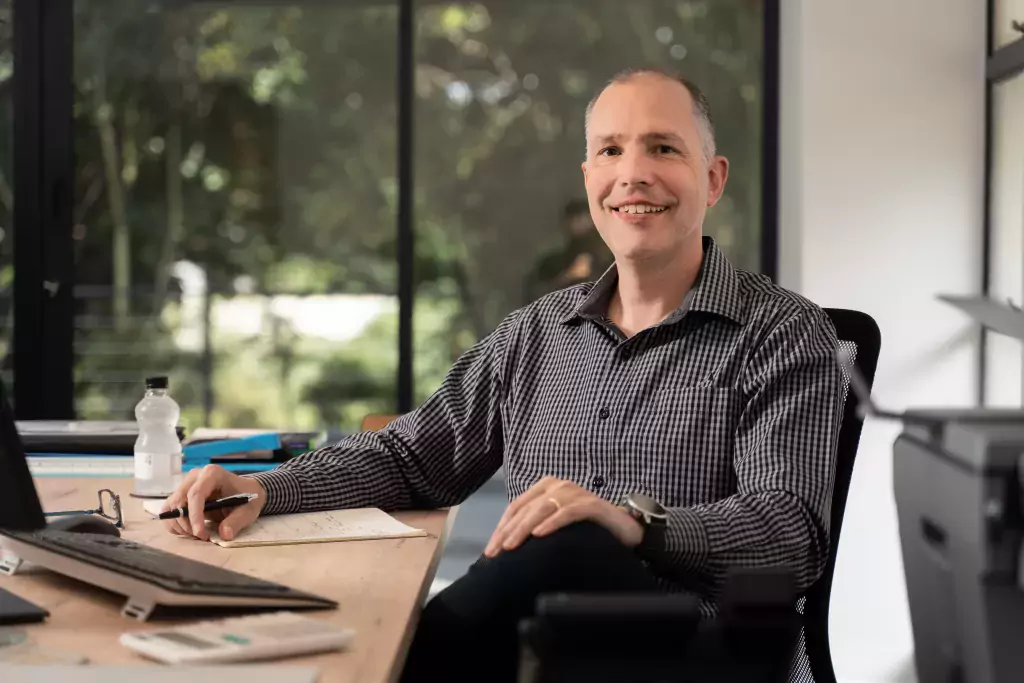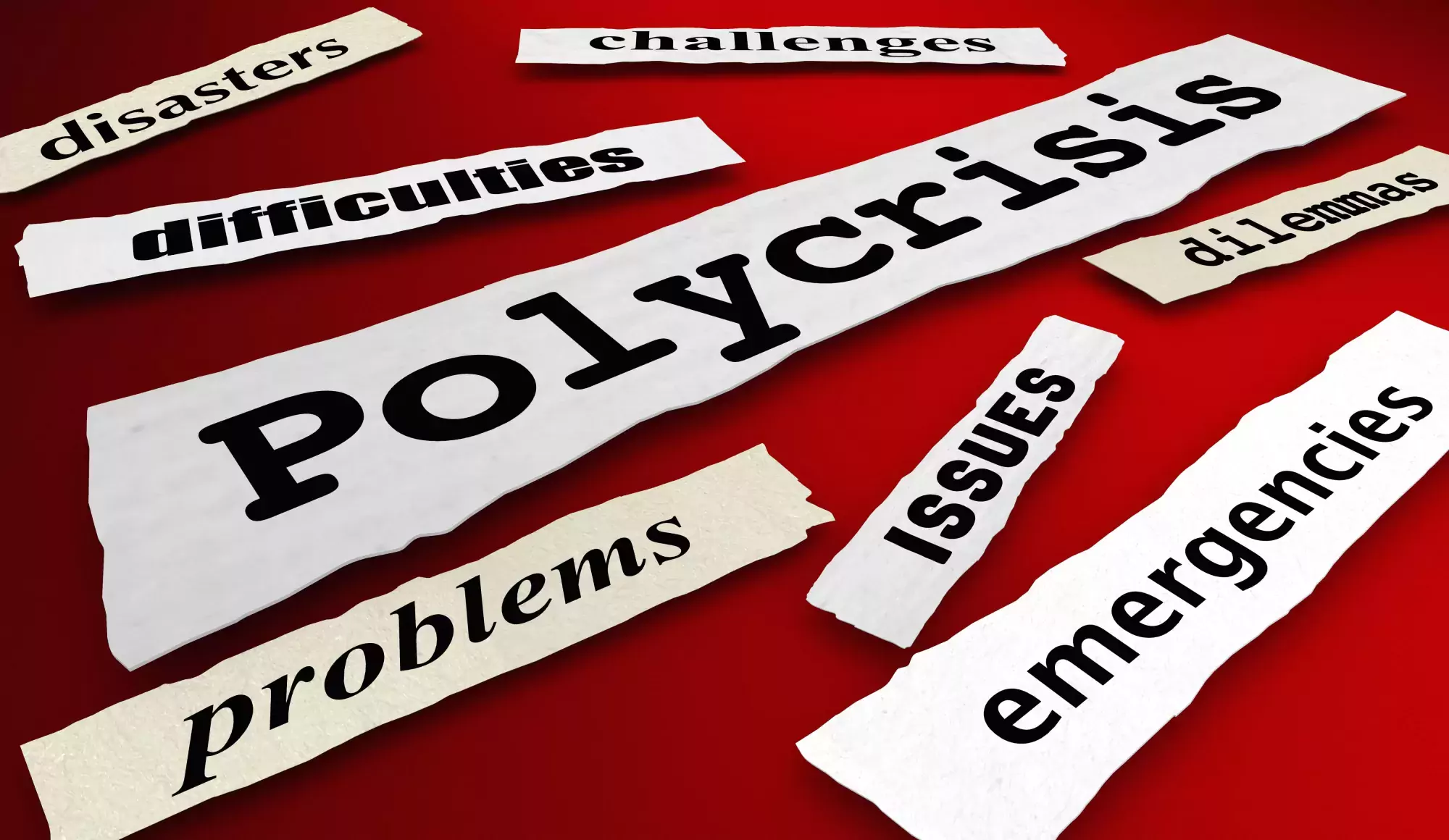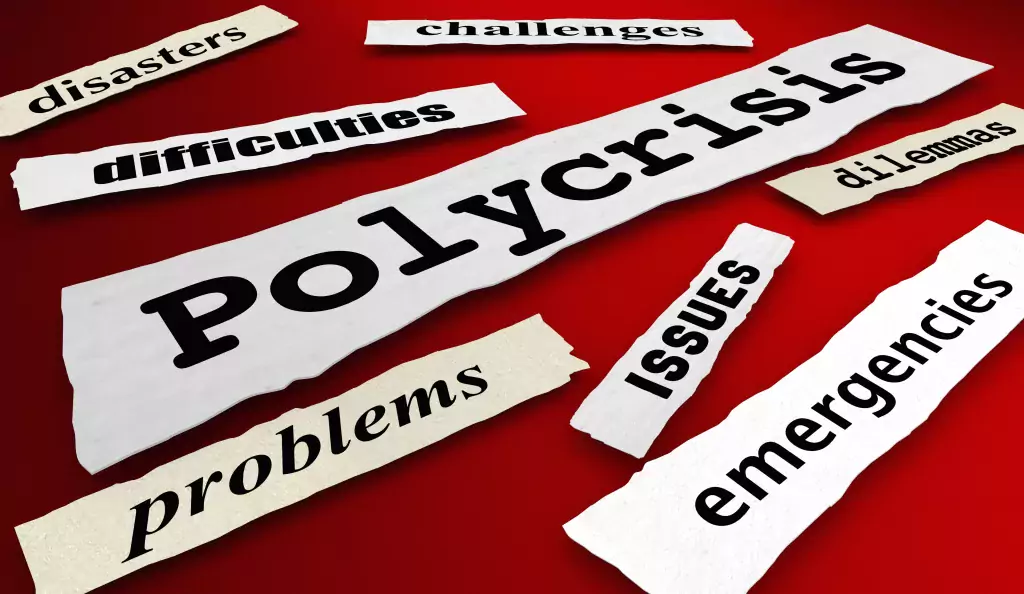Advertisement
According to some reports, one of the main buzzwords used at The World Economic Forum in Davos this year was the word ‘polycrisis’. But what is a polycrisis and how exactly has it affected the property development industry? We speak to a few experts to get their views and get them to expand on how their businesses are coping.
What is a polycrisis?
A polycrisis according to one report is a simultaneous occurrence of several catastrophic events. This can be on a global scale. According to The Cascade Institute, a global polycrisis can occur ‘when crisis in multiple global systems become causally entangled in ways that significantly degrade humanity’s prospects’.
We’re currently going through a polycrisis and according to the real estate investment trust, Redefine Properties the disruptive influences include the rising cost of doing business, the energy crisis and elevated interest rates. Redefine Properties adds that these are all converging realities that are creating a cluster of related global risks.
So, what can be done about this situation?
Embracing resilience and making adjustments
Shaun Roos, MD of Longitude Developments says: ‘South Africans are a resilient bunch, and it will take a lot to get us down. In the current business environment, it requires razor-sharp focus on the business’ vision, a keen eye on the money, a finger on the pulse, the ability to respond creatively to daily change, and an indomitable spirit. There are no shortcuts and consistently providing a quality product at a price that the market can bear while being in tune with buyers’ realities are a few ingredients for success.
Advertisement
Roos encourages others in the industry to make allowances for adjustments. ‘In a live development environment, we constantly revisit many different aspects of a project. Mostly, it means continual value engineering with the supply chain in response to numerous market factors. Supply issues could include import delays, limited stock holding, end-of-line items, or shortages. We continually adjust to ensure that we deliver on price, quality, and brand promise,’ he explains.
Pivoting the business
While a polycrisis can be mostly considered in a negative light, Redefine Properties highlights that there are also opportunities. ‘We need to remain innovative, agile, and resilient while placing our purpose and our stakeholders’ needs at the heart of what we do. While we are cautiously optimistic for the future, we must be realists of what we need to deal with,’ says Redefine CEO Andrew König.
As an example, Redefine says it is diversifying its real estate interests in Poland by entering the self-storage market. Shareholders were informed that Redefine and Griffin Capital Partners will create a 93% / 7% self-storage venture, where Griffin will render on-the-ground services to the venture.
‘The Polish self-storage market is in its infancy with penetration 2.5x smaller than Germany and 6.7x smaller than Europe’s average. It is expected to grow at a CAGR of over 8% over the next three years,’ says König.
Becoming more energy efficient
Another way Redefine has dealt with the current polycrisis is to ensure it has reduced its consumption of energy. It has done this through key collaborations and a major solar PV expansion.
“We are protecting operating margins through operating efficiencies across the entire business. We are also looking at how we minimise energy usage and are working collaboratively with stakeholders to become more efficient and less reliant on unreliable sources provided by Eskom,” says König.
An ongoing problem
What makes this polycrisis a bit different is that there isn’t a single cause to the multiple problems facing the property development industry (as well as other industries) locally and abroad. Whether it’s South Africa’s energy wars, the war in Ukraine, the supply chain issues, climate change, or the post-pandemic affect few can pinpoint the exact sole reason why we are experiencing a crisis of this nature.
But what’s clear is that it needs to be an agenda for board discussions because there won’t be a single cure for the multiple problems businesses are facing. Ensuring that the business can pivot, be resilient, and be less reliant on state energy is not an easy task, but it’s one that needs to be addressed to survive this polycrisis and potentially any others that come along in the future.





